To preserve the true essence of your favorite recordings, it is important to understand lossless audio formats. If you value audio quality, taking the time to comprehend these formats is essential.
In this article, we will look at the definition of lossless audio formats. Also, we will explain the differences between lossy audio formats and some common lossless audio formats.
Whether you're a seasoned audiophile or just starting out, this article will arm you with the knowledge you need to make informed selections.
Furthermore, it will also help you when you are choosing devices for your home audio setup, amplifier vs. receiver, or what devices are suitable for your turntable.
Definition of Lossless Audio Formats
Lossless audio formats are digital audio compression technologies, which can maintain the original audio quality during compression and decompression with no data loss.
Lossy audio formats, such as MP3 or AAC, sacrifice audio data to decrease file sizes. On the other hand, lossless formats preserve the original audio source's complete fidelity.
This means that converting audio from a CD or another high-quality source to a lossless format results in a bit-perfect replica of the original recording.
Lossless formats keep all the sound details, making them ideal for audiophiles and music lovers who want the best audio quality.
FLAC (Free Lossless Audio Codec), ALAC (Apple Lossless Audio Codec), and WAV (Waveform Audio File Format) are three popular lossless audio formats.
While lossless formats provide greater audio quality, they produce larger file sizes than lossy formats. Because they are uncompressed, lossless files take up more storage space and may require specialist technology or software to playback.
However, for those looking for the greatest audio experience possible, lossless audio formats are the way to go to appreciate music in its purest form.
Deep Understanding of Lossless Audio Formats
How Lossless Audio Differs from Lossy Formats
Lossless and lossy audio formats differ in how they compress audio data and the influence this has on sound quality and file size.
Compression Method:
Lossless Audio Formats: During compression and decompression, lossless compression methods preserve all of the original audio data. This means that the audio quality is totally preserved, and no information is lost. The file is a carbon copy of the original, although in a more efficient format. Sometimes, when we use an amplifier to connect our speaker to stream music, we will also care about whether it is lossless audio formats streaming.
Lossy Formats: Lossy compression, on the other hand, reduces file sizes by deleting audio data selectively. This procedure removes some of the less important audio information that the human ear may not be able to detect. As a result, some of the original quality of the compressed file is lost.
Audio Quality:
Lossless audio formats provide bit-for-bit accuracy, resulting in a perfect reproduction of the source audio. The sound quality is indistinguishable from the original recording because there is no loss of detail. For its immaculate quality, audiophiles and professionals frequently select lossless audio formats.
Lossy Formats: Lossy formats lose audio quality in order to reduce file size. At higher bitrates, compression is hard to notice. But at lower bitrates, it can cause audio issues like compression artifacts and reduced clarity, especially with repeated compression and decompression.
File Size:
Lossless Audio Formats: As the name suggests, lossless formats preserve the original data, resulting in greater file sizes than lossy formats. This is especially important when dealing with limited storage capacity or sluggish internet connections.
Lossy Formats: Lossy formats achieve far reduced file sizes, making them better suited for streaming, portable devices, and circumstances where storage capacity is limited. The trade-off, however, is a loss in audio quality.
Advantages of Using Lossless Audio Formats
Lossless audio formats have several notable advantages, making them a popular choice among audiophiles, music aficionados, and professionals seeking the greatest audio quality.
Uncompromised Audio Quality:
Lossless audio formats keep the original audio data without sacrificing quality during compression. This implies that the audio quality remains pure, resulting in an aural experience that is indistinguishable from the source content.
Audiophiles can appreciate every detail, complexity, and subtlety of the music, which enhances their listening enjoyment.
Original Audio Data Preservation:
By retaining all audio information from the source, lossless formats ensure that no data is deleted or lost. This is especially significant for preservation and mastering purposes when retaining the authenticity of the original recording is critical.
Ideal for Audiophiles and Music Professionals:
Lossless audio formats are popular among audiophiles and music industry professionals such as sound engineers, producers, and artists.
These formats meet their stringent demands for precise sound representation throughout production, editing, and playback.
Compatibility with a Wide Range of Devices and Software:
Lossless audio formats have acquired widespread acceptance over the years, and many audio players, cell phones, and operating systems now support them. This enables people to access and enjoy lossless audio content on a variety of devices.
Future-Proof Audio Quality:
Lossless audio formats eliminate the need to be concerned about additional quality degradation. Lossless audio files can be converted or transcoded to newer formats without losing any audio information as technology develops.
Excellent for Hi-Fi Audio Systems:
Lossless audio formats are ideal for high-quality audio systems and top-notch headphones. They utilize advanced audio equipment to produce unparalleled sound.
Three Most Common Lossless Audio Formats
The FLAC Free Lossless Audio Codec ('FLAC') is a lossless variant of MP3. It is commonly regarded as one of the most common and well-supported lossless audio formats. FLAC audio files are approximately half the size of the original files. Notably, FLAC is a royalty-free open format.
ALAC (Apple Lossless Audio Codec) is Apple's lossless audio coding format. Originally Apple's proprietary format, it is now open source and royalty-free, similar to FLAC.
FLAC and ALAC are almost the same. What is the most notable distinction? ALAC is the only format supported by Apple Music.
Another lossless audio format is APE, often known as MAC. Monkey's Audio invented APE, and the encoder is entirely free to use.
When You Will Use Lossless Audio Formats
Audiophile Listening:
If you are an audiophile or have a sensitive ear for music, lossless audio formats provide an unrivaled listening experience. Lossless formats preserve the entire integrity of the original recording, allowing you to appreciate every nuance and nuance in the music.
Lossless audio formats are useful for archiving and preserving original recordings, particularly in professional audio situations. They ensure that the archived files have the same audio quality as the master recordings, preventing information loss over time.
Music Production:
Lossless formats are vital in music production and editing workflows. They enable accurate sound representation during the manufacturing process by allowing for precise audio manipulation and processing without introducing additional compression artifacts.
Hi-Fi Audio Systems:
If you have high-fidelity audio systems or expensive headphones, lossless audio formats completely maximize on their potential, offering the greatest sound quality possible.
Lossless audio formats allow audiobook writers and narrators to keep the clarity and naturalness of the narrator's voice, delivering an immersive listening experience for the listener.
Final Thoughts
To summarize, lossless audio is a digital format that retains all original audio information, resulting in a high-quality audio file at the expense of file size.


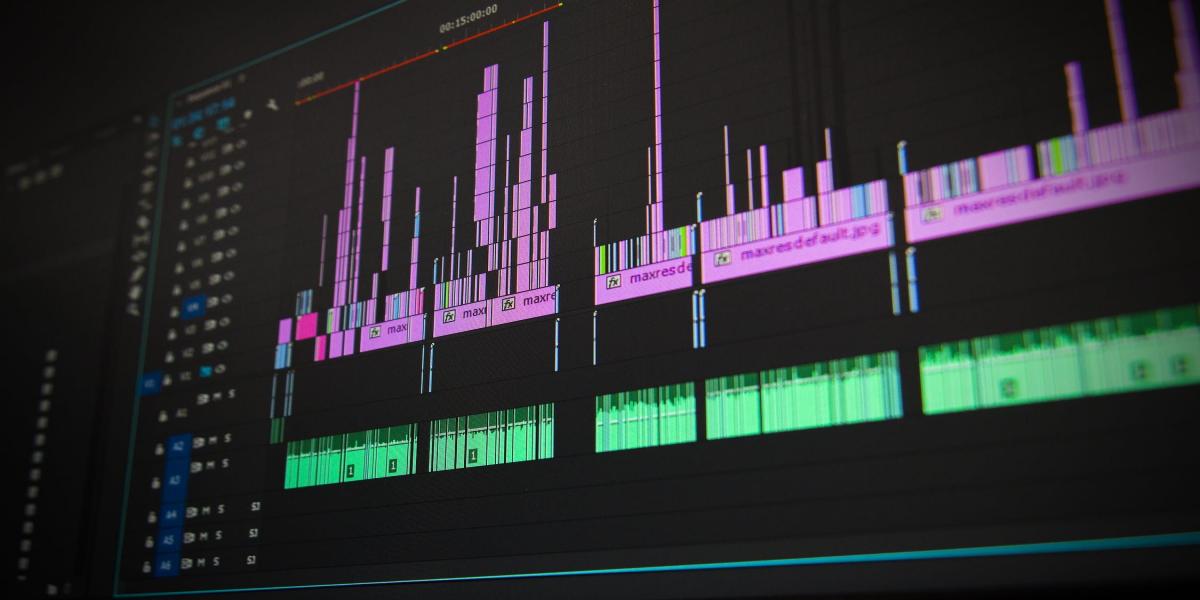
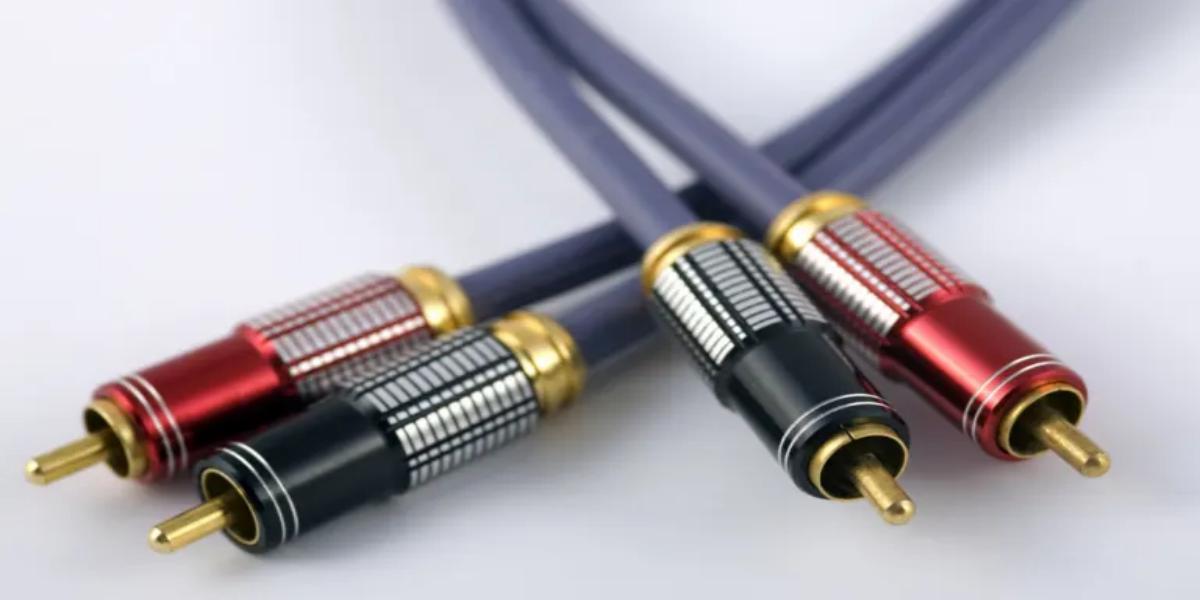
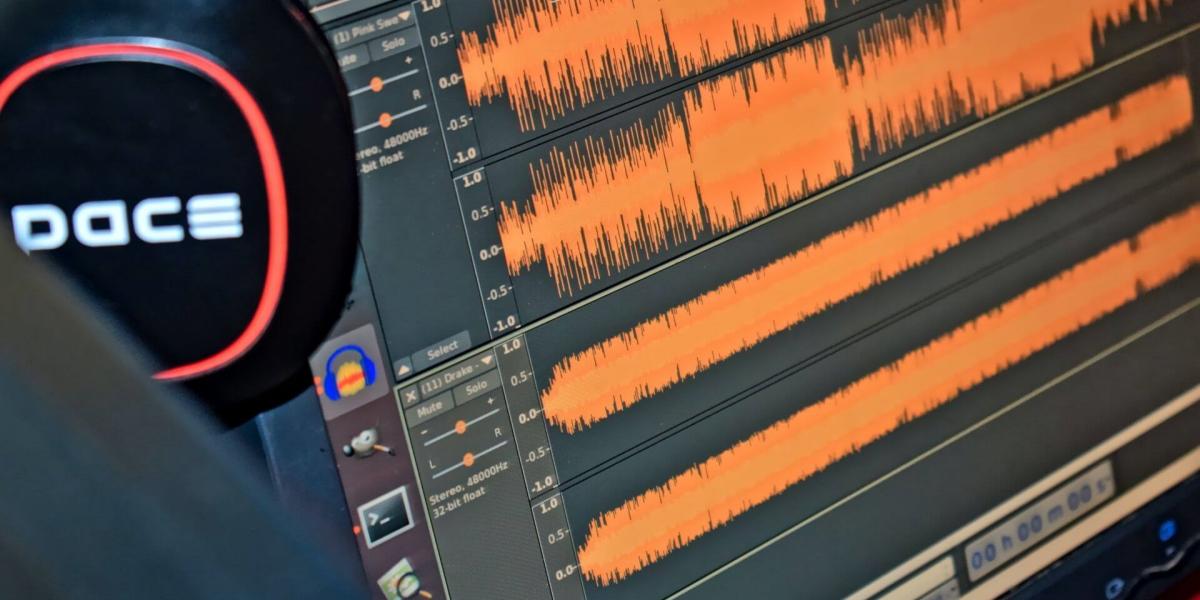
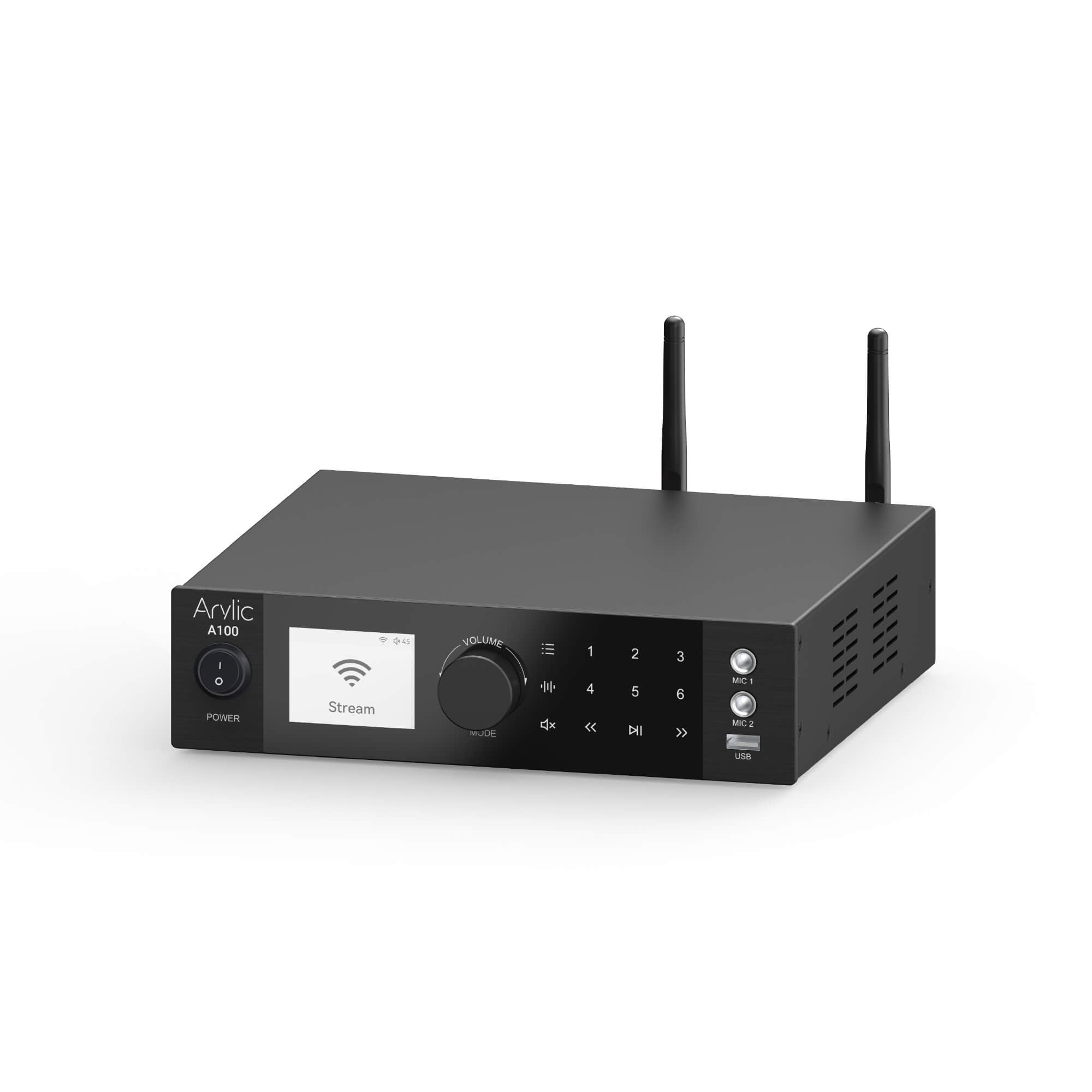
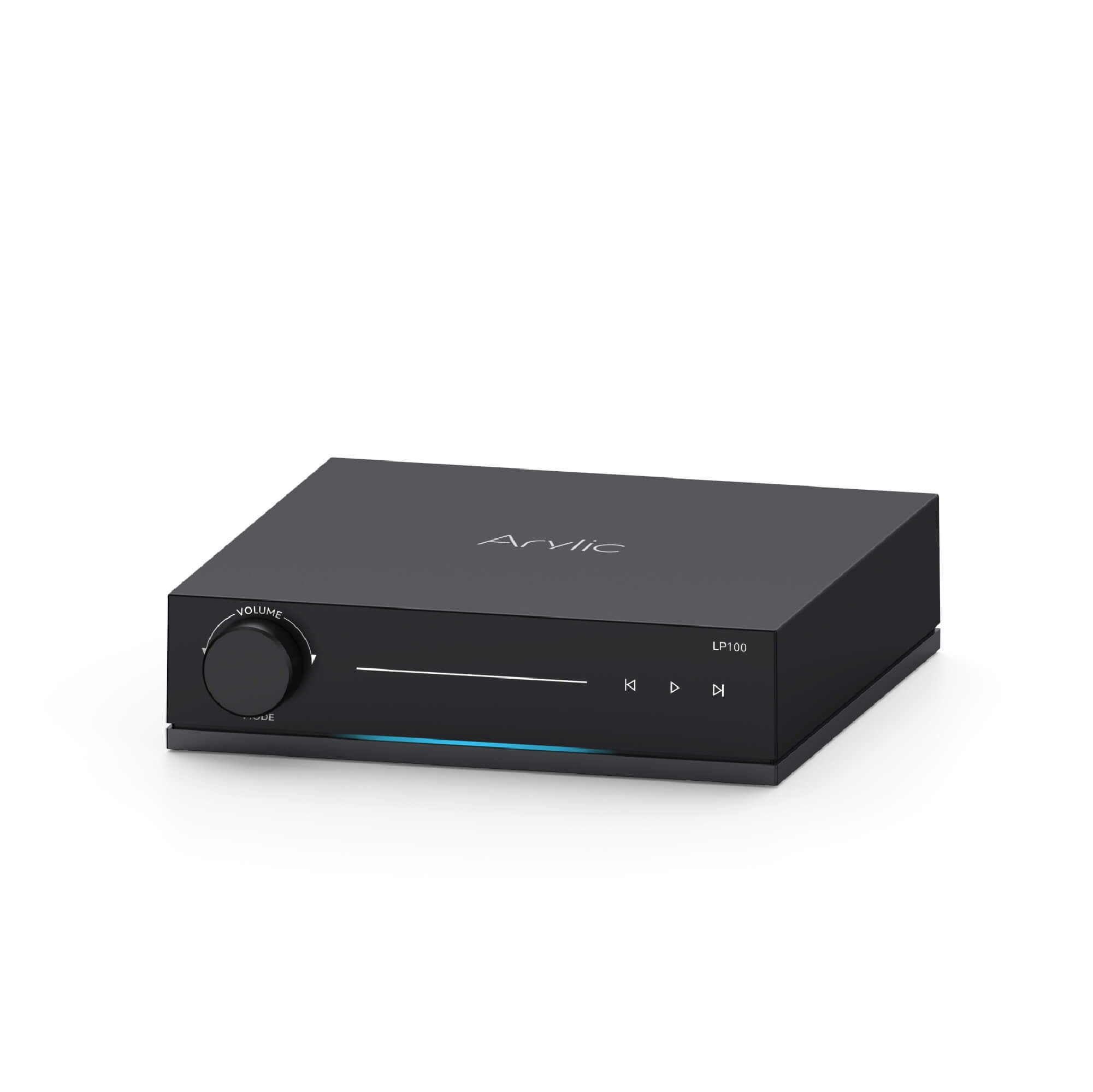
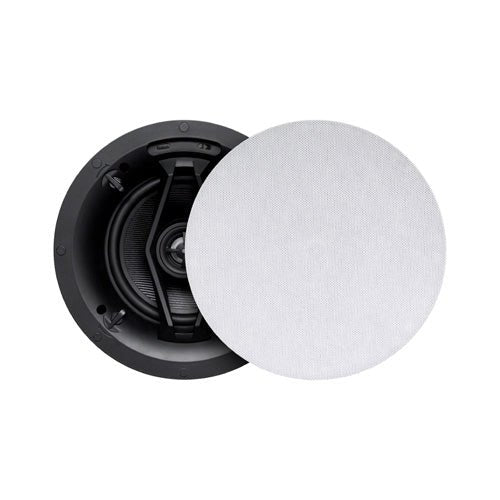
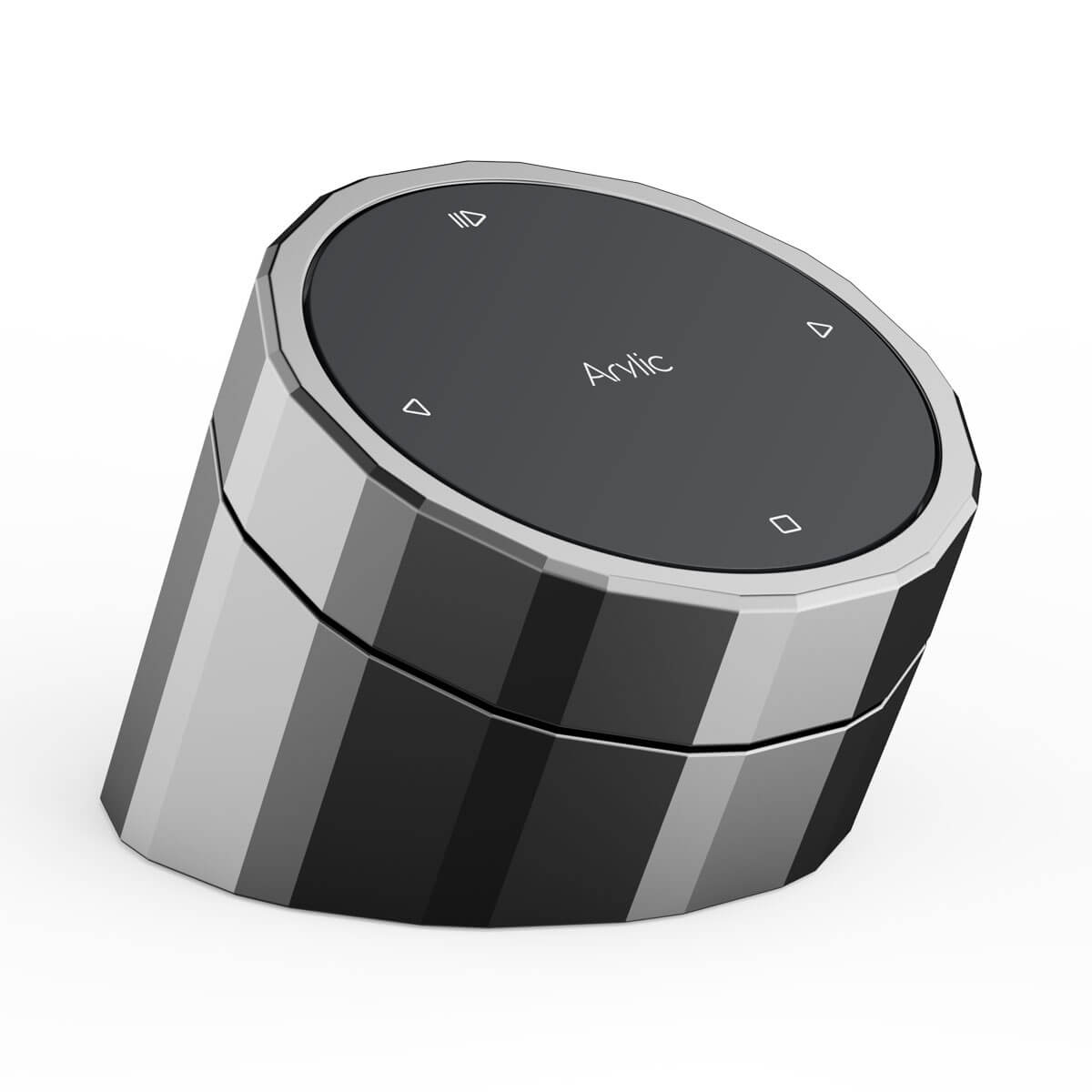

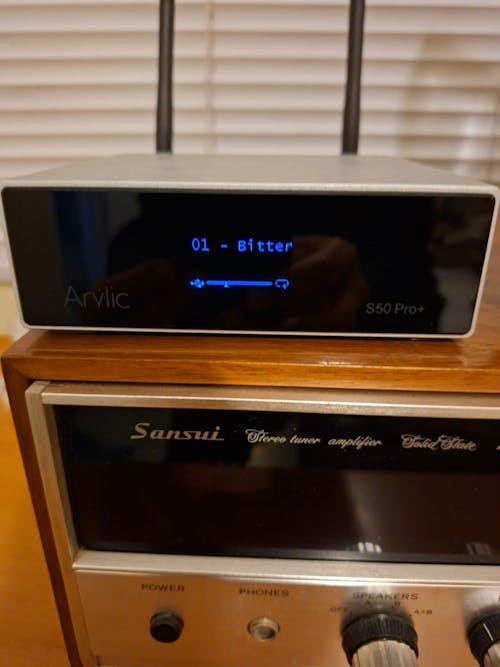
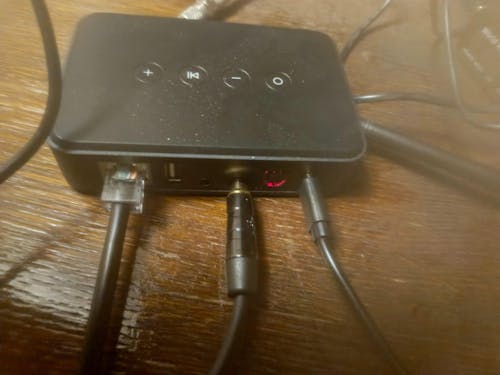
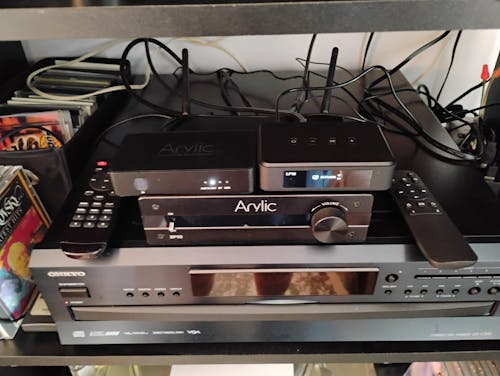
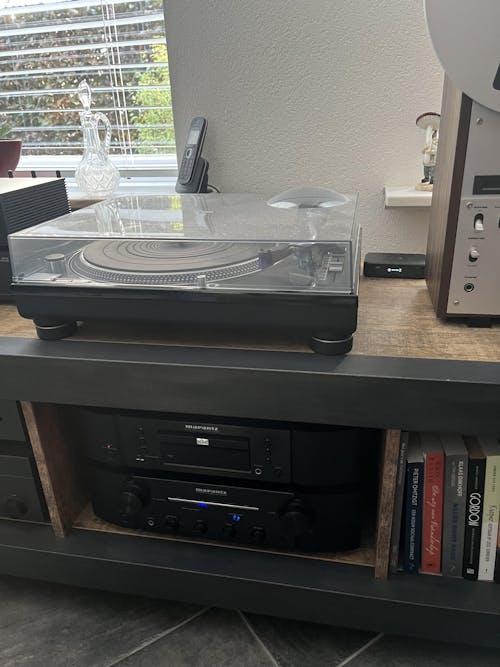
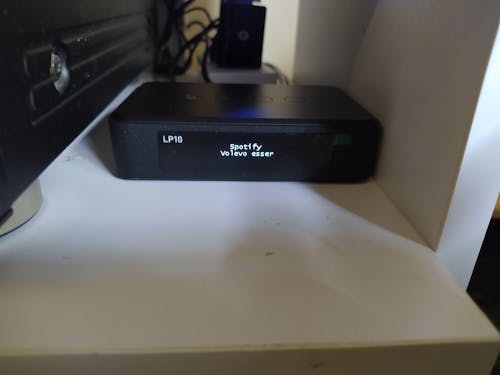
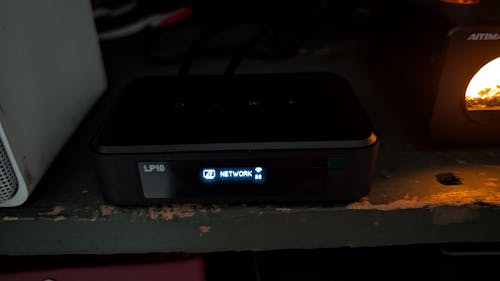
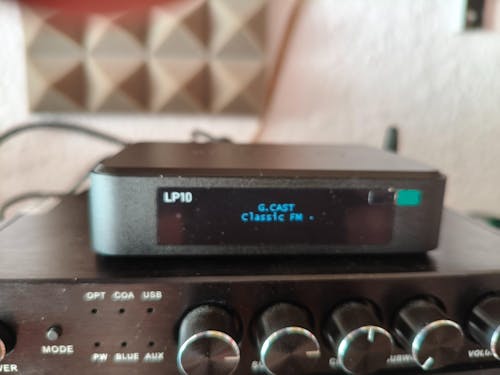

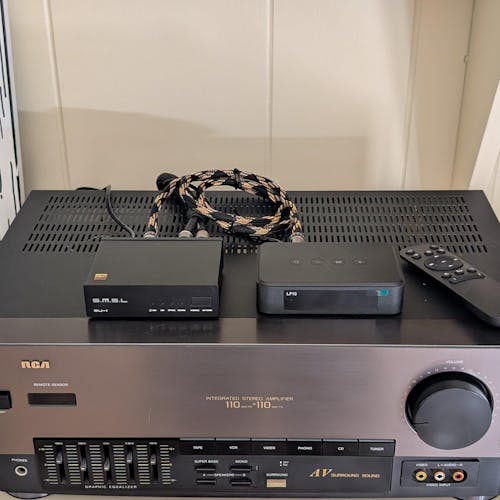
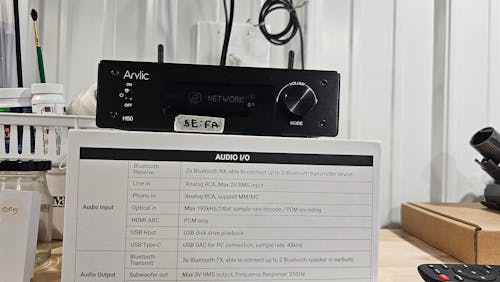
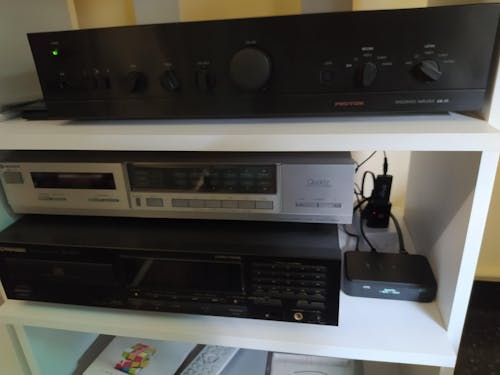
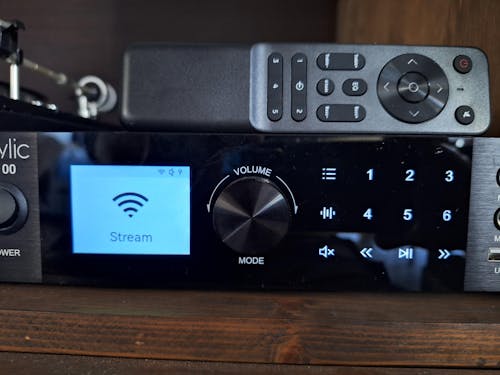
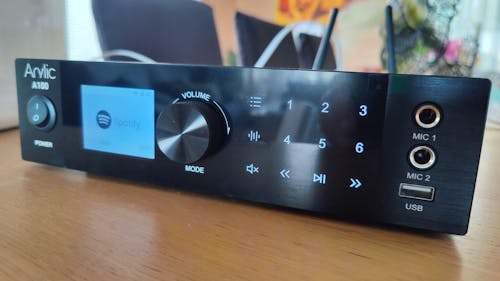

Leave a comment
All comments are moderated before being published.
This site is protected by hCaptcha and the hCaptcha Privacy Policy and Terms of Service apply.